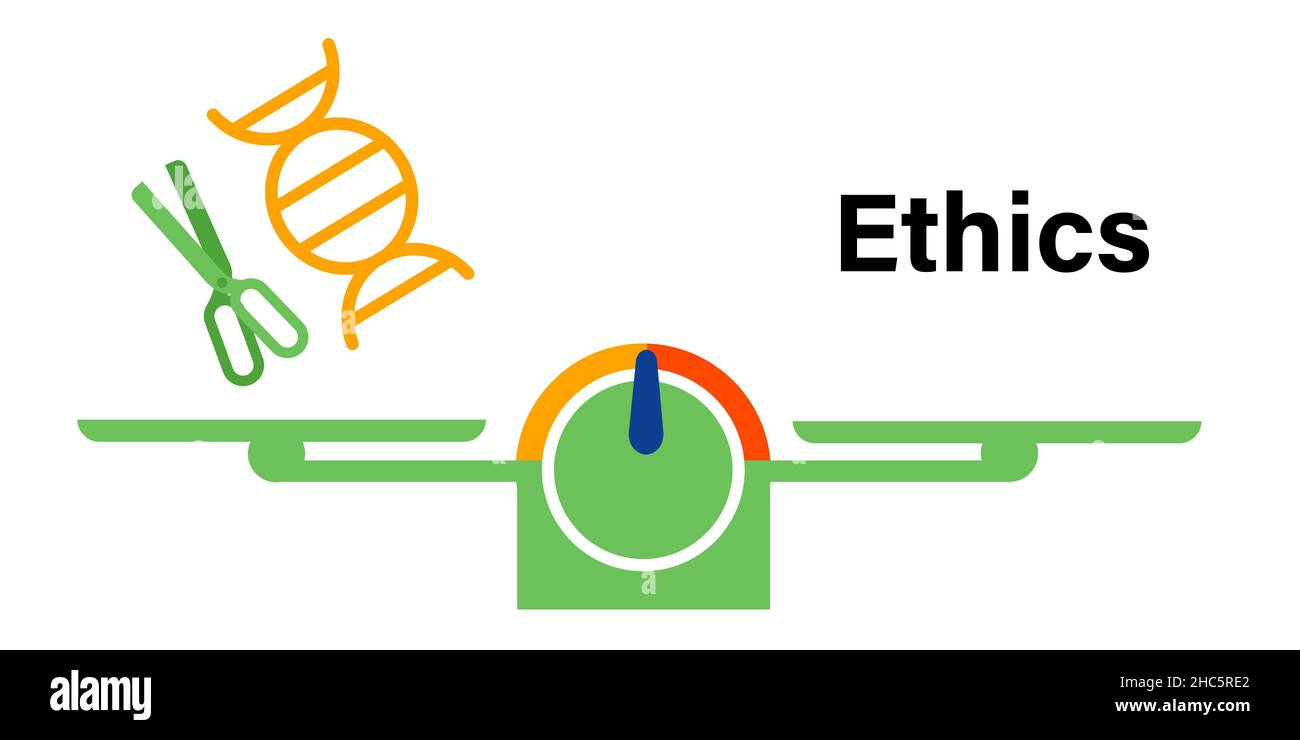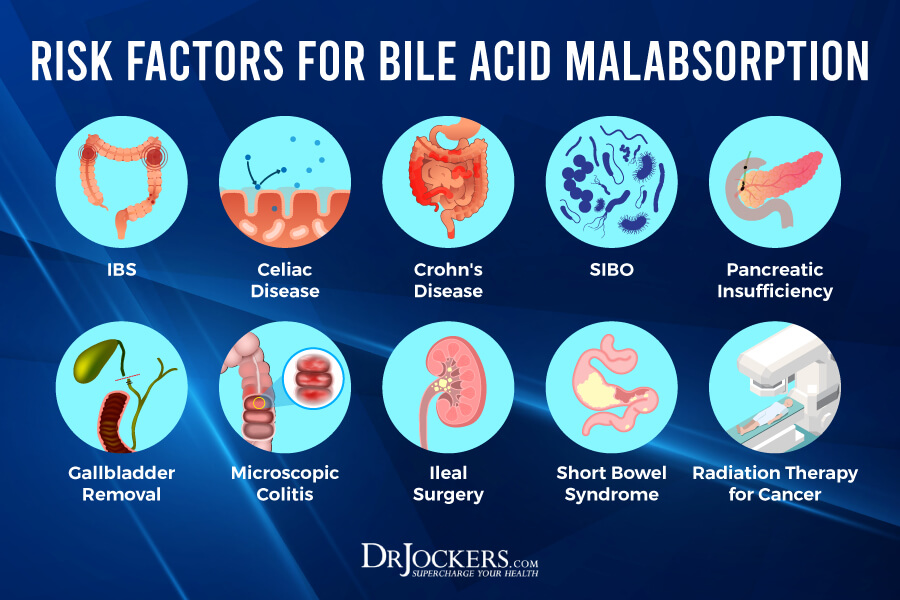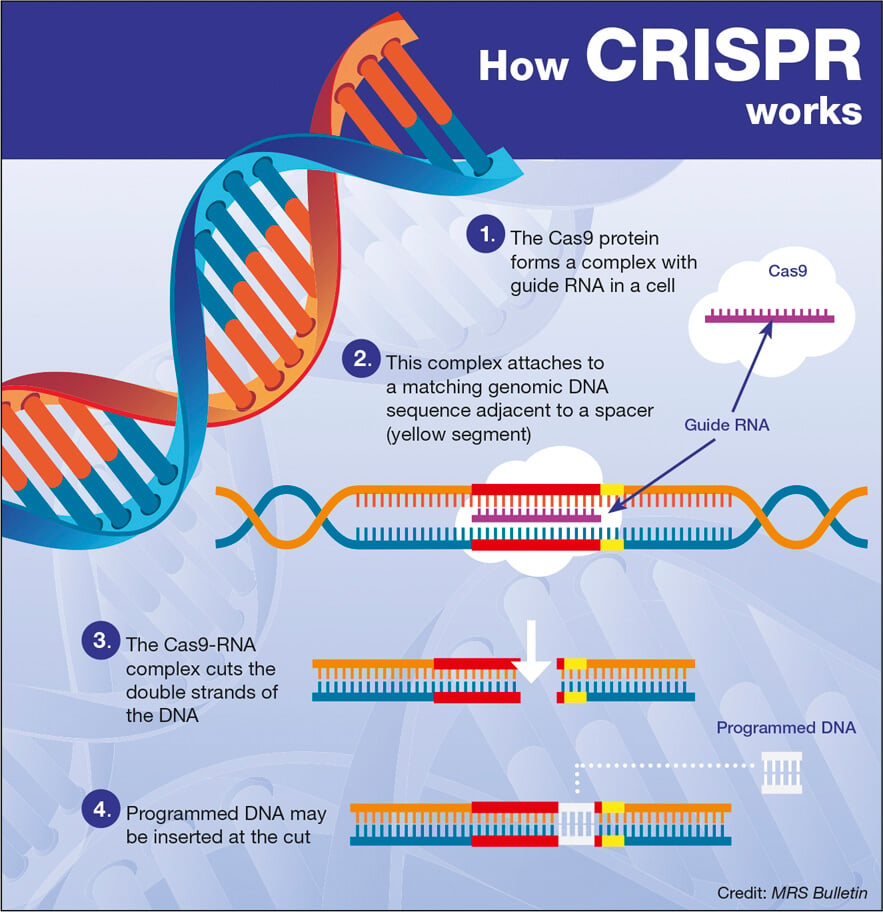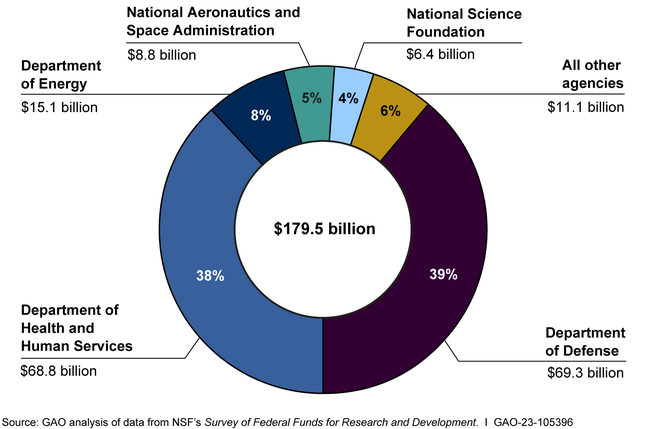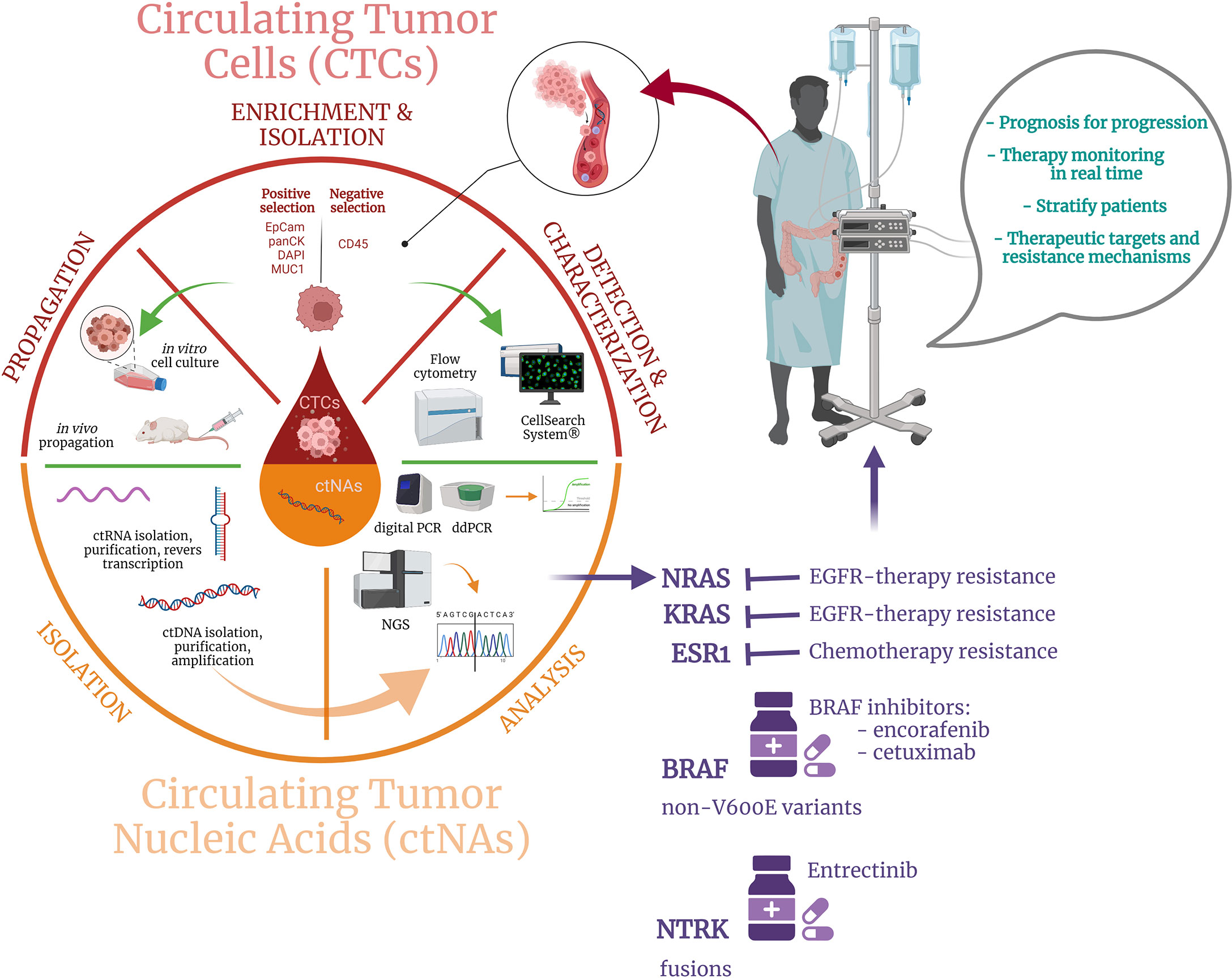The advent of CRISPR technology has revolutionized our understanding of genetic modification, presenting unprecedented opportunities and ethical dilemmas in the realm of gene editing ethics. As researchers explore the potential of using CRISPR to treat conditions like sickle cell disease, society faces crucial questions about the moral implications of altering human genetics. While the promise of curing dreadful ailments is enticing, it brings forth concerns about health equity and access to advanced treatments. With a price tag of over $2 million for sickle cell therapy alone, who’s to say who deserves these life-altering interventions? The dialogue surrounding CRISPR and ethical dilemmas extends beyond mere medical feasibility and ventures deeply into the philosophical, challenging our notions of identity and personal choice in a genetically modified future.
CRISPR’s introduction into the world of genetic modifications raises significant moral questions that provoke thorough discussion. This technology enables precise alterations to our DNA, facilitating the possibility of eliminating hereditary diseases while simultaneously generating disputes about its appropriate applications. Issues surrounding gene therapies, especially concerning conditions like sickle cell anemia, reveal disparities in health access and the potential for societal implications regarding medical decisions. Furthermore, as we navigate through discussions about ethical accountability and the ownership of genetic attributes, we must consider the long-term consequences and governance of such powerful innovations. The conversation about CRISPR, therefore, touches not only on scientific advancements but also on the fundamental values that define humanity.
The Ethical Dilemmas of CRISPR Technology
The introduction of CRISPR technology has revolutionized gene editing, promising potential cures for various genetic disorders, including sickle cell disease. However, alongside this promising advancement comes a suite of ethical dilemmas that challenge our understanding of medical responsibility. Should we pursue changes that fundamentally alter what it means to be human? This question resonates particularly in discussions about traits that are not life-threatening, such as Down syndrome, raising concerns about whom we empower to make these significant decisions. As healthcare professionals probe the implications of gene modifications, the conversation increasingly focuses on whether the power to change our genetic makeup should lie in the hands of doctors or parents.
Moreover, the ethical landscape is complicated further by considerations of access and health equity. With the estimated cost of sickle cell treatment at around $2.2 million, the question of who can afford these advancements becomes paramount. This disparity threatens to amplify existing inequalities within healthcare systems, entrenching a divide where only the affluent can access life-altering gene edits. The ethical repercussions of prioritizing certain diseases over others highlight a need for robust discussions around health equity and justice as gene editing technologies continue to evolve.
Health Equity and Gene Editing
Health equity is a critical aspect of the conversation surrounding CRISPR and gene editing technologies. As advancements promise to eradicate hereditary diseases, they simultaneously risk perpetuating existing disparities within healthcare access and outcomes. For instance, while CRISPR offers hope for patients with sickle cell anemia, its exorbitant costs may prevent marginalized communities from benefiting from such innovations. These considerations prompt necessary dialogue about how gene editing may inadvertently widen health disparities rather than bridge them, highlighting the need for inclusive policy-making in biotechnological advancements.
Furthermore, the sociopolitical implications of gene editing extend beyond individual patients to global health concerns. With millions worldwide suffering from various genetic conditions, the focus on affluent markets can overshadow the urgent need for equitable treatment strategies. Efforts should be made to ensure that the benefits of CRISPR technology extend to underprivileged populations, promoting fairness in access to cutting-edge medical treatments. As we delve deeper into genetic modification, it’s essential to guarantee that advancements in CRISPR contribute to overall health equity rather than foster divides based on socio-economic status.
The Future of Genetic Modification: Ethical Oversight Needed
As scientific advancements in CRISPR continue to unfold, the call for stringent ethical oversight grew stronger. The tantalizing possibilities of germline editing raise significant questions about the ethical implications of altering human genetics for non-therapeutic purposes, such as enhancing physical or cognitive capabilities. Without an appropriate regulatory framework, the risk of abuse and unintended consequences grows, prompting a critical examination of how society chooses to adopt these powerful technologies. The existential threat of a future where genetic enhancements can be commodified signals the need for proactive discussions on bioethics and regulatory measures to ensure responsible use.
Moreover, the potential for genetic modification to create ‘designer babies’ challenges our societal values and moral compasses. As people question the appropriateness of parents making genetic choices for their children, reflections from voices like Carol Padden, who emphasizes human variation over pathology, illustrate a broader societal yearning to respect the intrinsic value of diverse traits. Therefore, as gene editing technologies advance, it is crucial for stakeholders to engage in ongoing dialogues that address the ethical, social, and cultural implications of genetic modification to ensure that science serves humanity responsibly.
Impact of CRISPR on Disease Treatment Beyond Sickle Cell
While the promise of CRISPR technology in curing sickle cell disease garners significant attention, its implications stretch far beyond this singular application. Gene editing holds potential for treating a myriad of genetic disorders, including cystic fibrosis, muscular dystrophy, and certain forms of cancer, paving innovative pathways in personalized medicine. However, as medical experts advocate for the use of CRISPR in these contexts, they must navigate the complex terrain of genetic ethics and the responsibilities that accompany wielding such technology. This broader scope necessitates careful consideration of the ethical dimensions tied to disease treatment and interventions.
Furthermore, the reality of implementing CRISPR technology for various diseases exposes critical ethical concerns around consent and autonomy. Patients grappling with severe conditions may feel pressured to embrace new treatments without fully grasping the associated risks and implications. As gene editing evolves, it becomes increasingly important to prioritize informed consent and ensure that patients are active participants in their treatment journeys. Vigorously protecting patient autonomy against potential exploitation is vital in cultivating a responsible framework for CRISPR applications, thereby redefining its role in the therapeutic landscape.
Dialogue on Genetic Modification: Inclusivity in Ethical Discussions
The introduction of advanced technologies such as CRISPR invites an urgent need for inclusive dialogues about ethical implications surrounding genetic modification. It’s essential that discussions transcend typical medical or scientific circles, inviting a broader spectrum of voices—patients, ethicists, and communities—into the conversation. This inclusivity is critical to understanding diverse perspectives on gene editing, especially those from marginalized communities disproportionately affected by genetic diseases. Creating platforms for dialogue enables a collaborative approach to navigate the complex ethical landscape, ensuring that diverse viewpoints are acknowledged and respected.
Moreover, fostering open discussions about genetic modification also illuminates the intersection of public health and ethical boundaries. As technological advancements promise to reshape our understanding of health and disease, it becomes imperative to blend technical knowledge with insights on social justice and equity. Ethical debates must consider how gene editing might influence societal norms and human relationships, emphasizing the importance of addressing bias and discrimination in medical decision-making. By ensuring that all voices contribute to the conversation, we can cultivate a more comprehensive understanding of the implications of CRISPR while championing ethical innovation in health and genetics.
The Role of Oversight in Gene Editing Technology
As CRISPR technology gains traction, oversight becomes increasingly imperative to mitigate risks associated with genetic alterations. Countries have varied in their approaches to regulation, with some lacking robust frameworks governing gene editing practices. This inconsistency raises significant ethical concerns about the potential for unregulated experimentation and the misuse of genetic technology. Addressing the gaps in oversight not only safeguards individuals’ rights but also lays the groundwork for responsible research practices that respect both human dignity and the complexities of genetic science.
Moreover, the advancement of gene editing technologies necessitates a re-evaluation of existing ethical guidelines. Scientific societies and regulatory bodies must convene to develop universal standards that prioritize patient safety and ethical conduct in research. These standards should also advocate for transparency in gene editing processes, providing a foundation for public trust in groundbreaking medical advancements. By addressing oversight in a meaningful way, society can harness the benefits of CRISPR while navigating the complex ethical terrain it presents, ensuring that potential innovations serve the greater good.
Personal Stories in Gene Editing Ethics
Personal narratives play a vital role in shaping discussions around gene editing ethics, particularly in relation to CRISPR technology. In the wake of advancements in treating genetic disorders, stories shared by individuals and families can illuminate the real-life implications of these scientific developments. For instance, the heartfelt testimony of parents grappling with decisions about genetic modification for their children can highlight the emotional and ethical dimensions that accompany technological possibilities, pushing the conversation beyond abstract principles and into deeply personal territories.
Beyond emotional connections, personal stories help contextualize the societal ramifications of gene editing technologies. The experiences shared by patients suffering from genetic conditions underscore the urgent need for ethical considerations that align with lived realities. It is through these firsthand accounts that we can explore concepts of autonomy, consent, and the diverse meanings of health and normalcy. Ultimately, integrating personal narratives into discussions on CRISPR technology enriches the ethical dialogue surrounding genetic modification, fostering a more compassionate understanding of the technology’s far-reaching impact.
Navigating Public Perception of CRISPR Technology
Public perception of CRISPR technology is often shaped by media portrayals and sensationalized narratives that may lead to misunderstanding or fear. Science communication plays a pivotal role in dispelling myths and providing accurate information about the technology’s capabilities and limitations. As CRISPR continues to evolve, informing the public about its applications in treating diseases, along with the associated ethical dilemmas, can empower informed debates and discussions. Transparency in the scientific process fosters greater understanding, helping to frame CRISPR as a complex tool rather than a panacea for genetic disorders.
Moreover, educating the public enables collective engagement in shaping policies that govern gene editing technology. As citizens become more informed, they can advocate for responsible and ethical practices in healthcare and biotechnology, ensuring that advancements are aligned with societal values and ethical principles. Fostering open dialogue about gene editing not only reduces apprehension but also encourages community involvement in setting essential safeguards for the future of genetic modification. Collective understanding and involvement can pave the way for a more equitable and socially responsible landscape in the realm of CRISPR technology.
Frequently Asked Questions
What are the ethical dilemmas associated with CRISPR technology in gene editing?
The ethical dilemmas surrounding CRISPR technology often pertain to issues such as the morality of editing human genes, especially for non-life-threatening conditions, the implications of designer babies, and the potential for exacerbating health inequities. Decisions about what constitutes a ‘valuable’ life to edit can lead to controversial discussions about parental rights and societal values.
How does CRISPR technology impact the treatment of sickle cell anemia?
CRISPR technology has revolutionized the treatment of sickle cell anemia by allowing for precise gene editing that can remove the faulty genes responsible for the disease. This potentially life-saving intervention raises ethical questions about the accessibility and costs associated with such treatments, which can exceed $2 million per patient, highlighting concerns about health equity and who gets to benefit from such technologies.
What are some concerns regarding health equity in the context of CRISPR and genetic modification?
Concerns about health equity in the context of CRISPR and genetic modification include the accessibility of treatments for underserved populations and the risks that advancements could deepen existing health disparities. The question of who can afford such life-changing treatments poses significant ethical challenges, especially when considering a global population suffering from various genetic disorders.
Should CRISPR be used for conditions that are not life-threatening, such as Down syndrome?
The use of CRISPR for non-life-threatening conditions, like Down syndrome, is highly controversial. Ethical debates revolve around whether it is appropriate for parents to decide on modifications that could alter the fundamental traits of their child, raising questions about societal implications and the definition of normalcy and diversity.
What role does oversight play in the application of CRISPR technology?
Oversight is critical in the application of CRISPR technology to ensure ethical standards are upheld. However, current regulatory frameworks may not be sufficient, as demonstrated by practices in countries with lax regulations. This lack of oversight raises concerns about potential abuses, such as human cloning or creating genetically modified soldiers, highlighting the need for robust international guidelines.
What unintended consequences might arise from gene editing with CRISPR?
Unintended consequences from gene editing with CRISPR may include unforeseen interactions between edited genes and other biological processes. The complexity of genetic systems means that altering one gene could inadvertently affect multiple traits or introduce new health issues, underscoring the need for careful consideration and extensive research before implementing such changes.
| Aspect | Key Points |
|---|---|
| Ethical Considerations | The question of whether we should alter human differences is central to discussions on CRISPR. |
| Medical Advancements | CRISPR allows for the potential cure of genetic diseases like sickle cell anemia. |
| Societal Impacts | Gene editing raises issues of health equity and who has access to these technologies. |
| Decision Making | Questions arise about who decides which attributes can be altered in children. |
| Potential Risks | Gene editing can have unintended consequences that may affect evolution and biological functions. |
| Global Oversight | Lack of regulation in some countries raises concerns about irresponsible use of the technology. |
Summary
CRISPR and ethical dilemmas present a complex landscape where the potential for curing genetic diseases must be weighed against significant ethical considerations. As advances in gene editing continue, society faces fundamental questions about the morality of altering human traits and the implications for health equity. The discourse surrounding CRISPR invites critical reflection on our responsibilities in shaping the future of medicine and the ethical boundaries we should respect in our quest for innovation.
